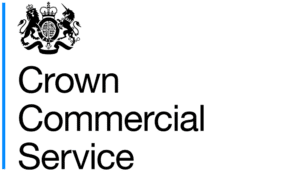How Covid-19 Has Influenced Society To Change Their Jobs

Has the pandemic forced you into thinking of a new career?
Are you looking for a job in another industry, but think it’s something you can’t do? There are plenty of careers to consider and plenty of options available for finding a new role.
After Covid-19 struck the nation, statistics from TotalJobs reveal that a fifth (22%) of British workers realised they wanted to change career paths.
Many are switching careers after feeling constantly undervalued and having limited opportunities for growth and progression within their role.
Although the thought of leaving your workplace and starting somewhere fresh can be daunting, recent figures suggest that it benefits those who do. For example, 75% of survey respondents confirm they feel more satisfied after changing their careers.
To prevent yourself from feeling too overwhelmed, it’s best to start with smaller actions that will point you in the right direction. This could go as far as reaching out to an employee in the sector you wish to join, asking for advice and skills needed in the industry.
Adding to this, the National Career Service (https://nationalcareers.service.gov.uk ) is available to use and offers career information, advice and guidance. There is a skills assessment which can be used at any stage in your career, including the start. This assessment helps identify your interest, skills and how you can use those skills in a new workplace.
Or you can contact one of our career specialists for further guidance, available to call on 0121 260 0000.
There’s plenty of free online courses ready to explore, ready for those who are aged 19 or over and do not already have a Level 3 qualification.
Other tips that will help aid your success in a career change:
-
- Researching different careers. Social media can be a great tool for finding employment and networking, especially LinkedIn. This platform can be great for highlighting your transferable skills to potential employers.
- Seeking work experience. If available to you, having relevant work experience in your desired industry will set you apart from rival candidates.
- Upgrading your CV and cover letter. Many struggle in composing a cover letter but Wendi Weiner, a career expert at The Writing Guru, advises to stick to 250 words.
For expert career placement, click the apply button now!
If you would like to have a browse through our large variety of roles in education or healthcare, click here
By Millie Spooner










